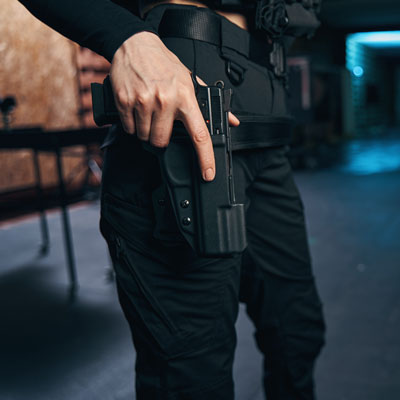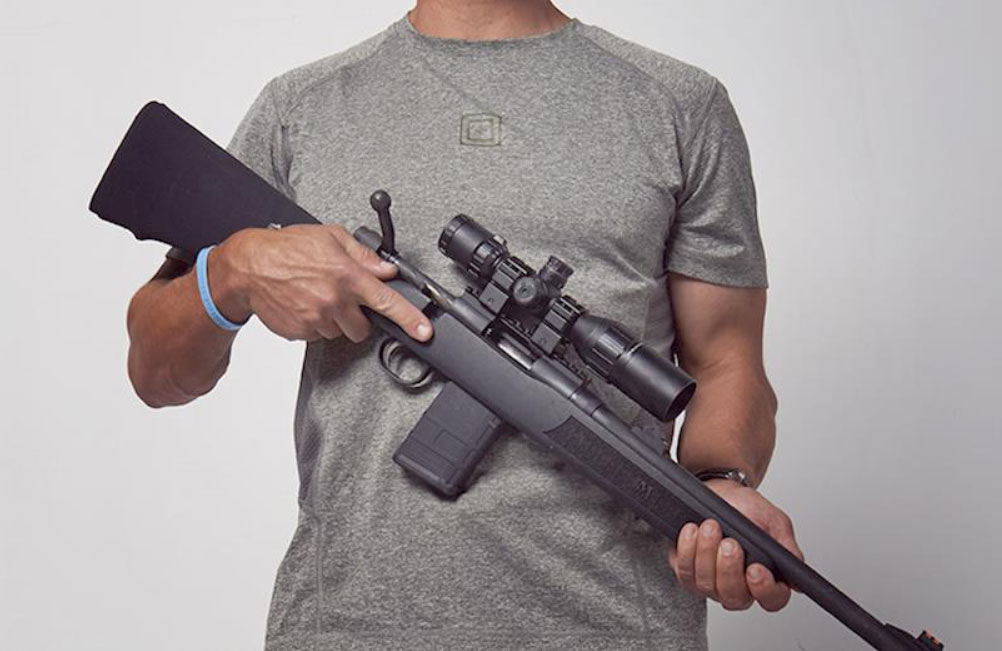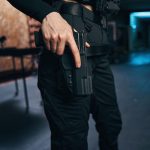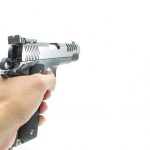At the time of this writing, President Trump has announced his selection for the seat on the Supreme Court of the United States left vacant by the passing of Justice Ginsburg. From preliminary reports it appears that the United States Senate is likely to approve the nomination, making this appointment inevitable. This writing does not comment on the president’s choice, but rather focuses on an important issue raised by this appointment.
Much of the discussion surrounding Amy Coney Barrett’s likely appointment to the Supreme Court revolves around the many areas of law that may be affected by her opinions, including Second Amendment jurisprudence. Language in her 2019 dissenting opinion in a firearms case questions the breadth of a federal law that forbids firearm possession by individuals with felony convictions. This position on the Second Amendment has significant implications for the work that we do at the National Resource Center on Domestic Violence and Firearms.
We have long observed that there is a non-specific, yet tangible resistance to the notion of dispossessing perpetrators of domestic violence of their firearms. The two prohibitions devised to protect victims of domestic violence, however, are supported by strong reasoning and ample data. Prohibiting individuals subject to protection orders and individuals who have been convicted of misdemeanor crimes of domestic violence decreases domestic violence homicides and are wholly justifiable restrictions on firearm access.
Federal law lists nine separate criteria for prohibiting guns. While it is not our intention to advocate removing any of these as prohibitors, we do feel that those related to domestic violence are especially relevant categories as they impact the Second Amendment rights of citizens to obtain or possess firearms. Research and statistical analyses have consistently found that there is a predictive element to domestic violence that justifies the inclusion of those individuals convicted of a misdemeanor crime of domestic violence as well as those individuals subject to a domestic violence protection order to be prohibited from having guns.
The concept that some categories, such as any felony conviction, might be so overbroad that they sweep too many non-violent offenders into the bin with those that are violent is a difficult one to refute. Perhaps attaching dispossession to such a varied group of people fails to serve a clear, careful purpose—however, this is not the case for domestic violence-based prohibitions. By contrast, evidence-based analysis justifies the inclusion of domestic violence offenders on the list of those prohibited from having guns.
Firearm prohibitions should be tied directly to the level of danger that an individual poses to themselves or others. We must continue to support research around firearms and risk, and to develop bias-free tools that help practitioners make more accurate risk assessments. In the meantime, domestic violence-related firearms prohibitions meet the criteria of being careful, narrow, and evidence-based solutions to protecting lives.







